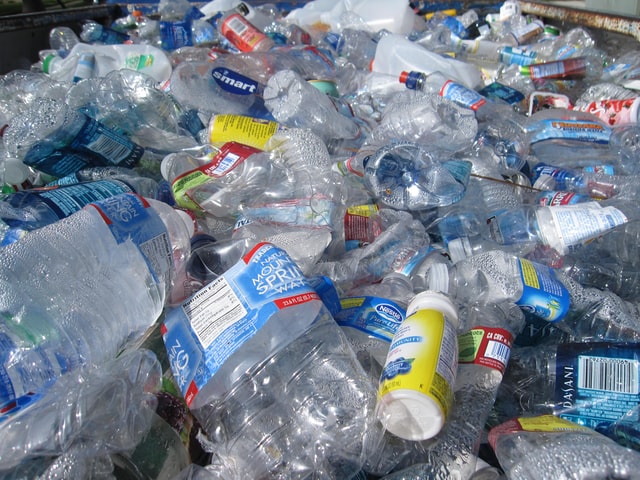A recent report in Recycling Today focused on the introduction of the REDUCE Act, which would support secondary plastic markets through a 20-cent per pound fee on virgin plastic (30% minimum content) that would help pay for a new Plastic Waste Reduction Fund.
Sen. Sheldon Whitehouse introduced the Rewarding Efforts to Decrease Unrecycled Contaminants in Ecosystems (REDUCE) Act in the Senate. The legislation is co-authored in the House by Congressman Tom Suozzi.
The bill has been included as part of the budget reconciliation package in Congress. According to the article, the “fee would help recycled plastics compete with virgin plastics and ensure the plastics industry is accountable for its harms to the climate, oceans and minority and low-income communities.”
A news release issued by Whitehouse’s office and quoted in the article says the REDUCE Act would:
- Establish an excise tax on virgin plastic resin. Manufacturers, producers and importers of virgin plastic resins would pay 10 cents per pound beginning in 2022, which would increase gradually to 20 cents per pound in 2024. This fee would apply to virgin plastic used to make single-use products, including plastic packaging, beverage containers, bags and food-service products. Exported virgin plastic resin and post-consumer recycled resin would be exempt from the fee.
- Provide rebates for certain products. Companies that use virgin plastic to make medical products, containers or packaging for medicines, personal hygiene products and any packaging used for the shipment of hazardous materials would not have to pay the fee and could qualify for a full rebate for any fees paid on the plastic they use for such products. Virgin plastic used to make products intended for repeated use also would qualify for this rebate.
- Establish a Plastic Waste Reduction Fund. The bill would direct revenue from the virgin plastic fee into a Plastic Waste Reduction Fund. These funds would be available to carry out plastic waste reduction and recycling activities, including making improvements to recycling infrastructure; carrying out marine debris reduction, detection, monitoring and cleanup activities; and addressing environmental justice and pollution impacts from the production of plastic.
The article notes that the bill is supported by a wide range of environmental organizations, including: The Ocean Conservancy, U.S. PIRG (Public Interest Research Group), the World Wildlife Fund, the American Sustainable Business Council, Barrel Bag, Californians Against Waste, the Clean Air Council, Environment America, Fenceline Watch, GAIA (Global Alliance for Incinerator Alternatives), Greenpeace, Inland Ocean Coalition, Lonely Whale, Oceana, Oceanic Global, Our Climate, the Plastic Pollution Coalition, Social Venture Circle, Surfrider Foundation and the Turtle Island Restoration Network.
Industry groups expressed concerns. The American Chemical Council stated that the Bill is an “ill-advised tax on plastics.” The Plastics Industry Association is also opposed to the REDUCE ACT.
Also see,
Memorandum on Gasification and Pyrolysis, to Recycle Hawaii
GAIA, Myth of Chemical Recycling – video
Photo credit: Photo by tanvi sharma on Unsplash





